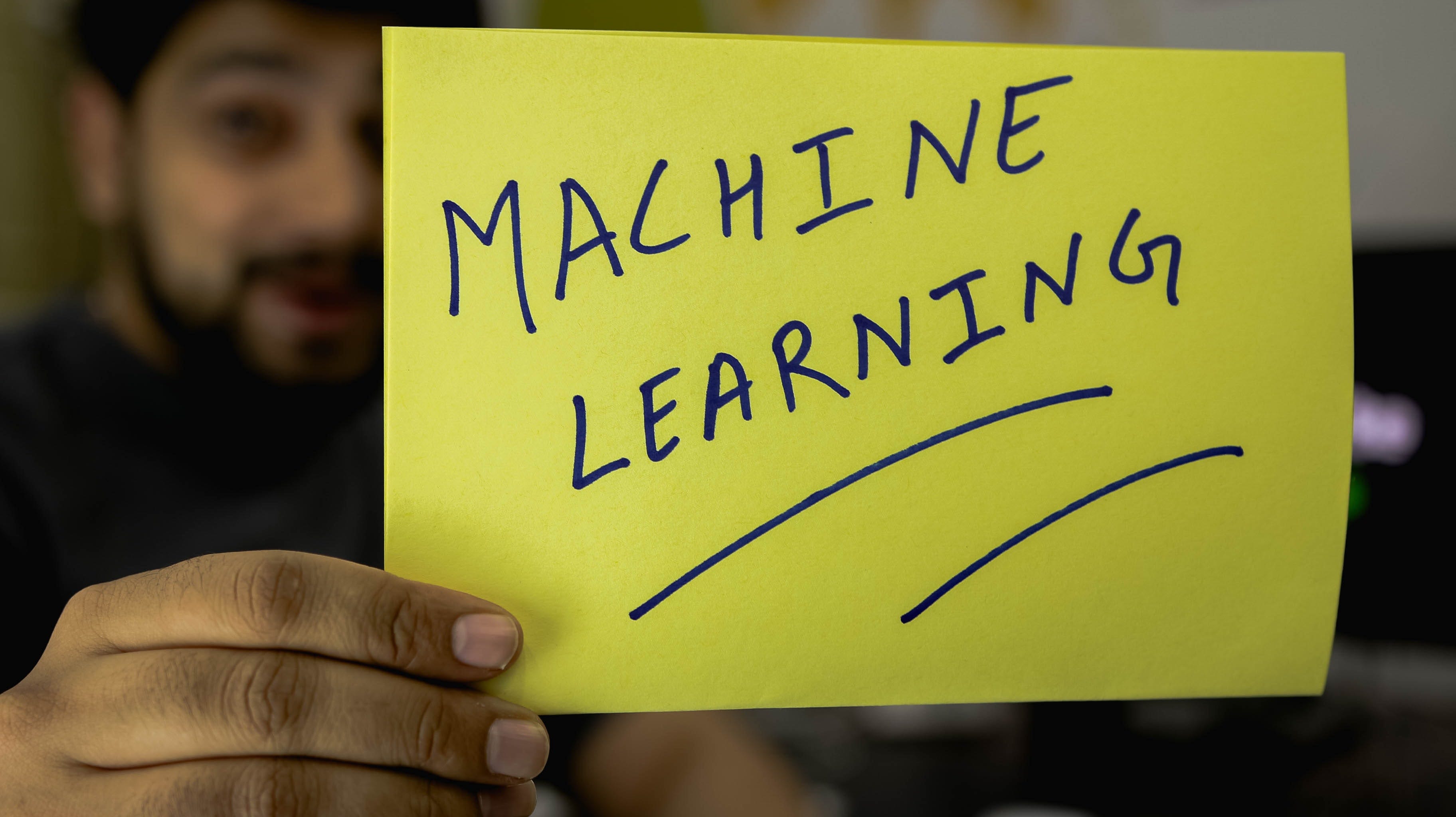5 Types of Data Science Jobs
Table of Contents
- Introduction
- Data Science Modeler
- Machine Learning — Platform Engineering
- Machine Learning — Software Engineering
- Data Engineer
- Analyst and Insights
- Summary
- References
Introduction
While there are countless sources for the formal title, amount, and percent of Data Science roles when compared to others, I wanted to focus more on personal experience of the roles themselves. A Data Science job description is one thing, and the actual role, day-to-day, is another thing. Over the course of a few years, along with working alongside others, I have realized there are different types of Data Science roles — and, any of the roles I will be discussing can sometimes all have the same job title of Data Scientist. Depending on the company, you make see these more specific roles highlighted word-for-word. Which roles are right for you, and which ones have you already worked in? Have you seen a difference in Data Science positions, or do you generally see all of them as a part of one role? Also, keep in mind, this article is an opinion piece, so it is what I have gathered working in the industry with various experiences. Of course, some companies require you to know all of the skills of all of these positions, but as your team grows at your company, you may find that certain people will focus on their strengths to ultimately solve the most problems with Data Science and therefore become specialized in one of the roles below.
Data Science Modeler

This role is the most traditional Data Science focused, meaning the role requires a business statement and problem, stakeholder discussions, data cleaning, and most importantly, modeling. You can think of this role as a combination of soft-skills and Data Science modeling skills. This position usually does not require as much software engineering (it still does — just not as much in relation to some of the other roles below). What I mean by this statement is that you will most likely create different models in your Jupyter Notebook, testing and researching on different interactions — not so much focus on object-oriented programming (OOP). For some companies, this role can be just in your local and not in the production environment of your company. You can expect to work with the different types of Machine Learning Engineers to finally deploy and automate this model as well.
Here are some of the key skills you can expect in this specific type of role:
- meetings with stakeholders
- developing the business problem statement
- how will Data Science solve that problem?
- obtain data (either yourself or from a Data Engineer)
- — this data collection can take weeks, finding features from various sources
- cleaning and preparing the data
- developing and testing different algorithms
- finalizing the best algorithm that will then be handed off to production
- Jupyter Notebook (keep in mind a lot of this work can be performed in this one place that does not touch production)
Machine Learning — Platform Engineering

This role is focused on the Data Science model that is ultimately chosen to be used in production. Another way to look at this role is the person who deploys the model. Whether that be in Google Cloud Composer or Amazon SageMaker, this person will be an expert on the specifics of these tools (and other similar ones as well).
Key tools and experiences include:
- Google Cloud Composer
- Airflow
- Docker
- Dags
- Amazon SageMaker
Machine Learning — Software Engineering

Here are some of the skills and experiences you can expect from this position:
- Python programming
- R programming
- Object-oriented-programming style
- Agile methodologies
- Version control
- Saving time and memory — efficiency
Data Engineer

This role usually consists of the data that is gathered before a Data Science model is executed. You may have to reference and call APIs from various sources to create or update database tables. You will work with the main Data Scientist also to see which features or columns you will need to ingest and have ready for exporting.
Here are some of the key points that are associated with this role:
- SQL
- Databases
- API calls
- Data warehouses
- JSON
- Unstructured data
Analyst and Insights

This role is most similar to a Data Analyst. You may find yourself looking into the key metrics of a business. You will access this data from SQL queries in your database tables. You will also focus on presentation and working with stakeholders — or non-technical stakeholders. You can also expect to work on some AB testing and significance testing. You will analyze the output of the model and decide if there has been enough impact to continue the current model process or to enhance it with new features or metrics — also setting up experiments. The goal of this role is to save the company money, time, and to make the business more competitive.
Here are some of the important skills and main points you will encounter in this position:
- SQL
- Presenting
- Tableau/Google Data Studio/visualizations tool
- Metrics
- AB testing
- Significance testing
Summary
As you can see, there are several different types of Data Science positions or facets of this career field. You can expect to have overlap in these positions, but the main point of this article to emphasize that there are specialties that you can work towards. It depends on the company and more importantly, you. Do you want to work with GCP or do you want to work primarily with SQL? Do you like cleaning data the most, or iterating over algorithms? These are the questions you may ask yourself as you strive for a specific role or switch roles.
There are certain, popular companies (that you probably have heard of) for example, where a Data Scientist position is almost a Data Analyst position completely, so you might find yourself surprised.
Just because one company or a friend performs certain skills at their company, does not mean you will.
Here are the specialized roles outlined for summary purposes:
Data Science ModelerMachine Learning — Platform EngineeringMachine Learning — Software EngineeringData EngineerAnalyst and Insights
I hope you found this article both interesting and helpful. Please feel free to comment down below if you have had any experiences in these more specialized positions.
Once again, these roles are some that I have encountered and experienced, so these are not set in stone and you may encounter something different, but it is interesting and hopefully helpful to know and hear about the different experiences in the Data Science career field.







No comments: